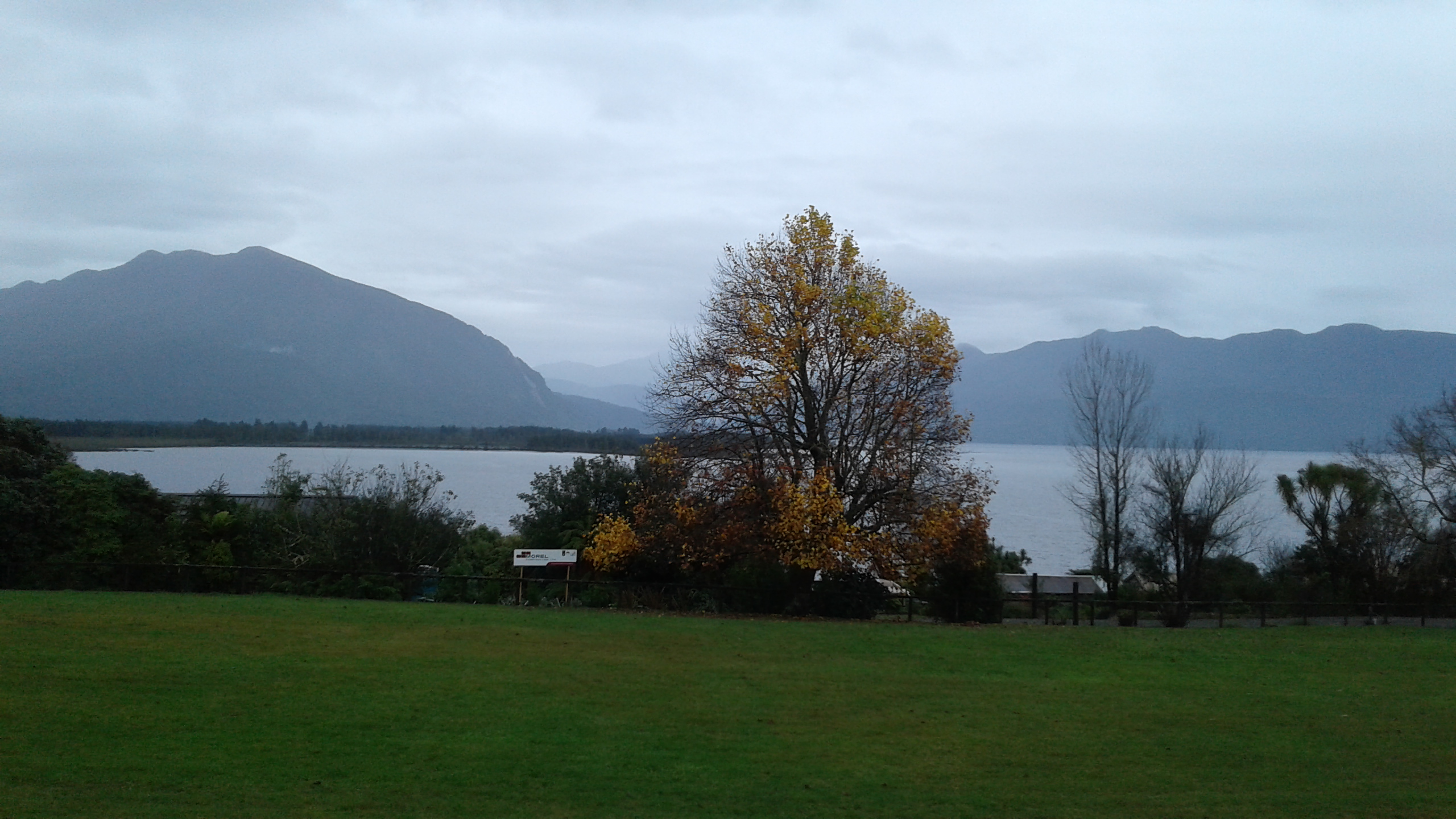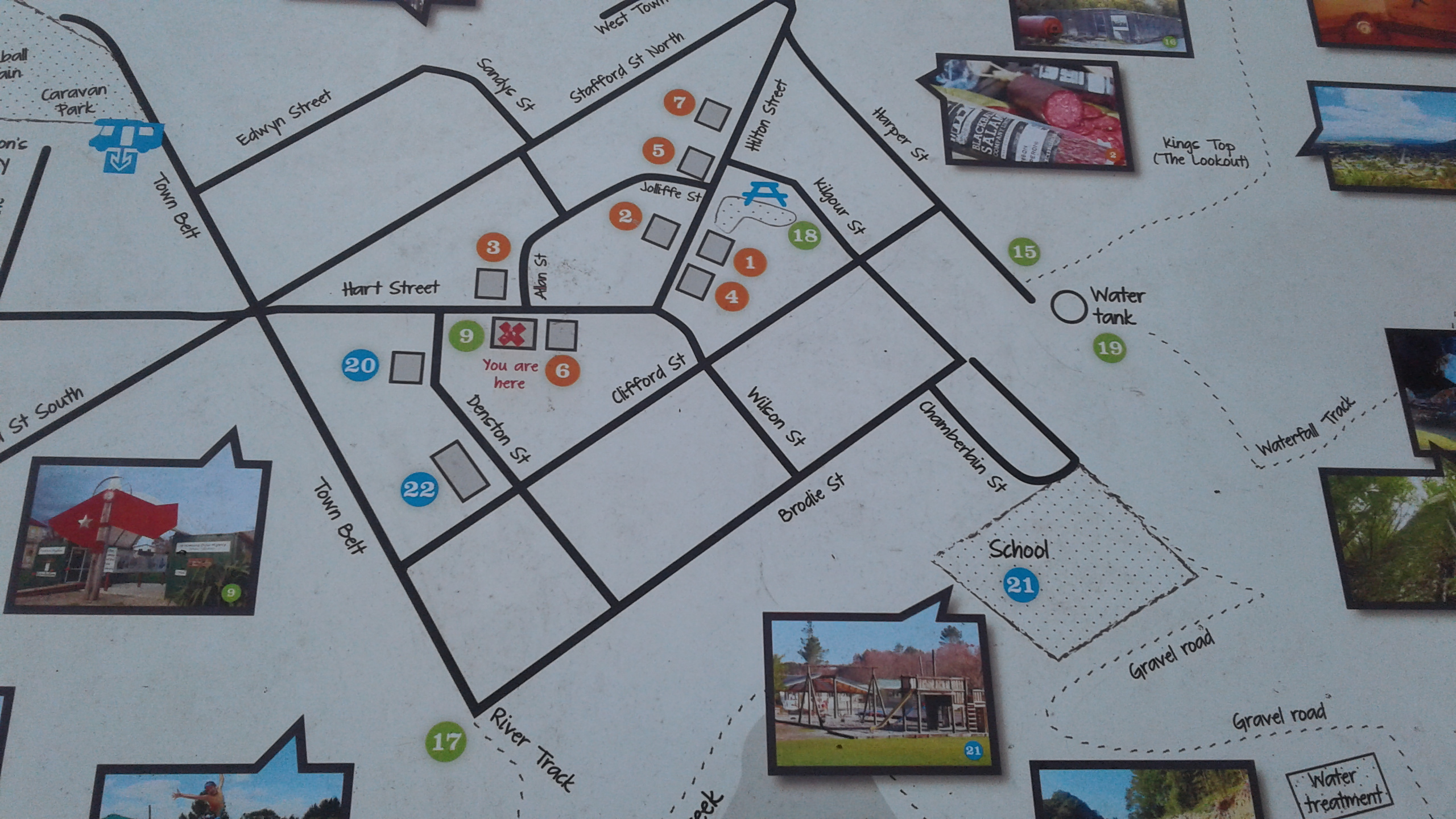I last visited the West Coast in 1989, when I returned to Haast Beach, where I’d lived as a young child. (Here’s my poem about that return journey: Shetland Ponies, Haast Beach – and below is Lake Brunner, near Blackball.)

For that and many other reasons, I was very glad to be invited as a guest to the Blackball Readers and Writers Festival – originally scheduled for 2020, but postponed till 2021.
I enjoyed getting to know the village of Blackball, where as the map below shows there is a lot going on. I enjoyed listening to the sessions, which gave so much more opportunity to get to know writers than the usual two-questions-and-on-to-the-next-panelist format of larger writers’ festivals. AndI enjoyed the panel I was on, where Caroline Selwood interviewed Kathleen Gallagher and I about wiring and activism, and what motivates us as writers.

Blackball is a remarkable community, which both acknowledges and celebrates its mining past and is actively seeking to move beyond it. Here’s more about Blackball, the Festival, and Blackball’s role in promoting a Justice Transition away from fossil fuels for the West Coast:
– Festival Report: Readers & Writers Festival successful
– Radio NZ: Blackball – the town that refused to die
– Coast future highlighted at May Day forum
